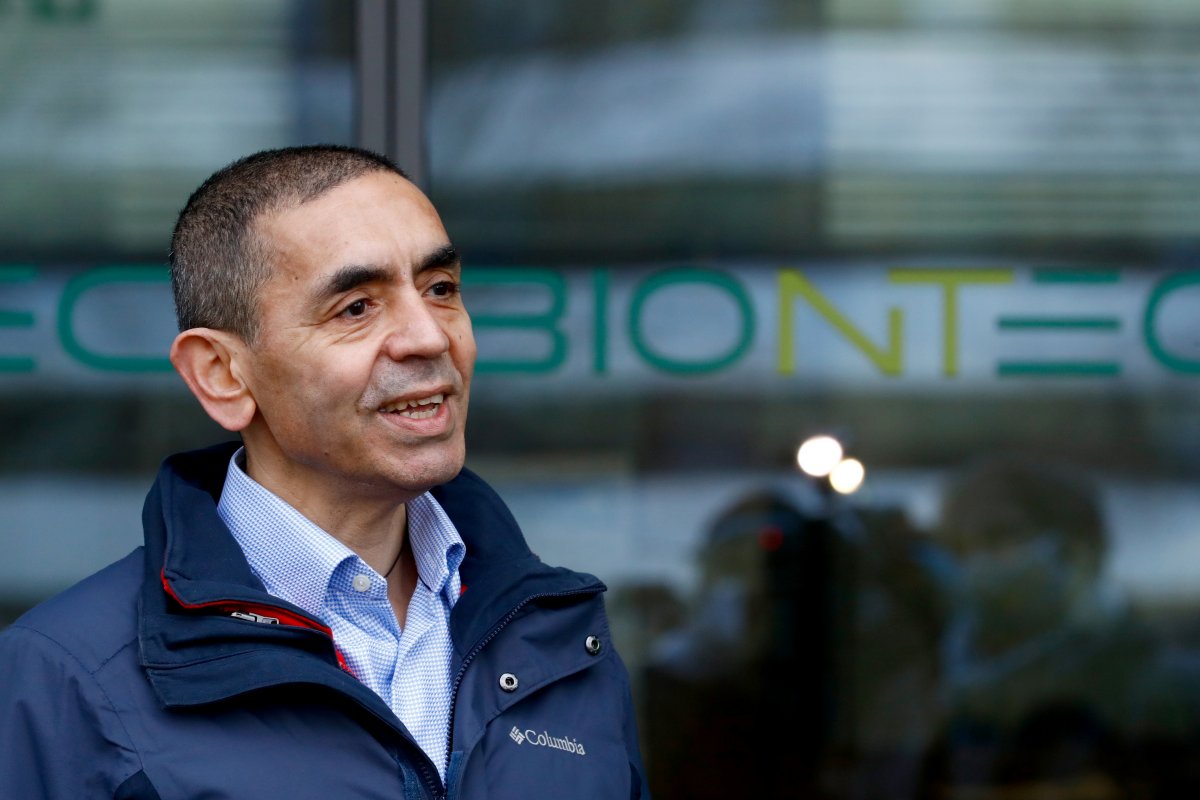
German company BioNTech is “very happy” to be able to help Turkey, the firm’s Turkish-origin co-founder said Saturday after a recent procurement deal for novel coronavirus vaccines.
“Turkey is our homeland. We’re very happy to be able to help people in Turkey,” Dr. Ugur Sahin said a day after Turkish authorities announced a deal with BioNTech early on Friday.
INVESTMENT INTENTION IN TURKEY
“We have discussions with TUBITAK […] We also want to open a place of BioNTech company in Turkey,” he said, referring to Turkey’s Scientific and Technological Research Council.
“We want to invest in Turkey. We’re bringing our products to Turkey for the first time. We want to do research in Turkey,” he added.
“WE WANT TO DO CANCER STUDIES IN TURKEY”
“We started working with professors at several universities. In addition to efforts on vaccines, we want to do cancer studies in Turkey,” he noted.
According to the latest agreement, the firm will send Turkey an initial 550,000 doses of its coronavirus shot by the end of the year or early 2021 at the latest.

SHIPMENT OF VACCINES TO TURKEY
“We plan to send 30 million vaccines to Turkey by the end of 2021. We’ll send 4.5 million vaccines by the end of March.”
We want to produce more than 1 billion doses together with Pfizer for next year. We need to distribute these doses to more than 80 countries, he said.
Sahin also underlined that people should not fear other vaccines against COVID-19 that Turkey has procured based on their origin.
Referring to the CoronaVac shot from Chinese firm SinoVac, Sahin said China also conducted long trials and clinical tests for the vaccine.
The important thing is to have enough vaccines in Turkey, he said, adding: “All the vaccines I’ve seen so far work well and help.”
SIDE EFFECTS OF VACCINE
On potential side effects, Sahin said doses of the vaccine BioNTech developed have been administered to 1.5 million people so far, adding that these had side effects including headaches, arm pain, slight fatigue and sometimes fevers but that all of these disappeared in one or two days.
Though rare, recipients may exhibit allergic reactions to the vaccine, Sahin said. He underlined that since allergies manifest in the first 30 minutes after vaccination, recipients should be accompanied by healthcare personnel during this time.
“The allergy may be the most important side effect,” he said, adding that this side effect is seen once in 50,000 people.
He went on to say: “We need to vaccinate 70% of people. If we achieve this then we can return to a normal life before next winter.”
